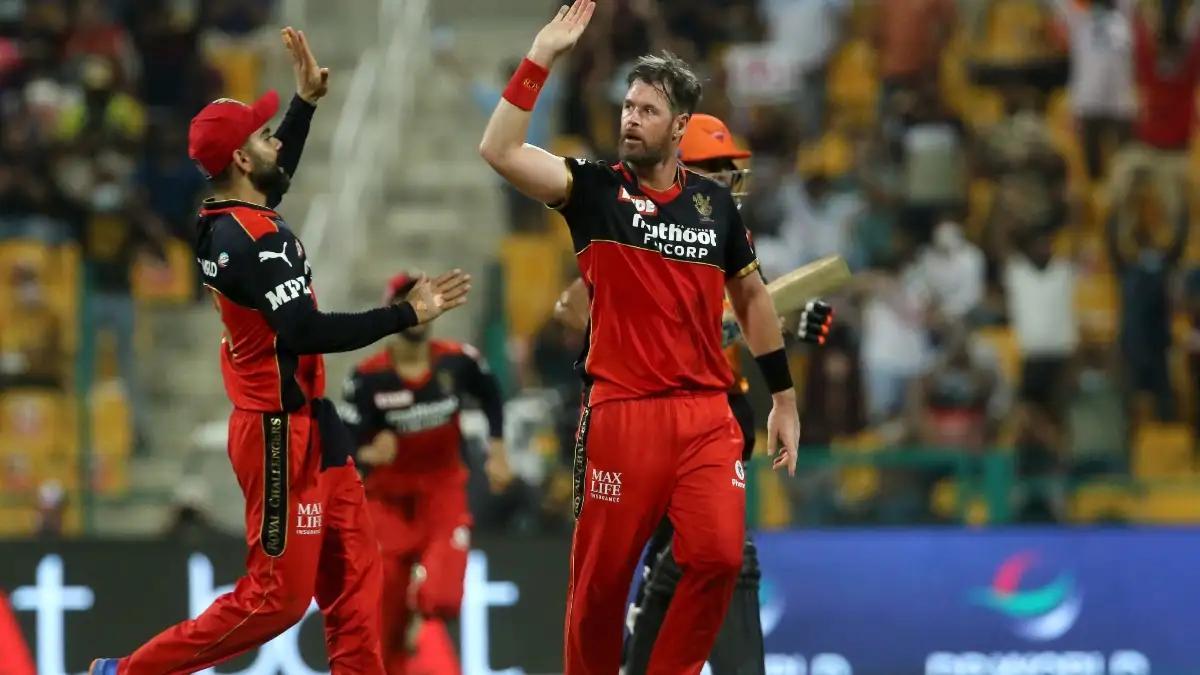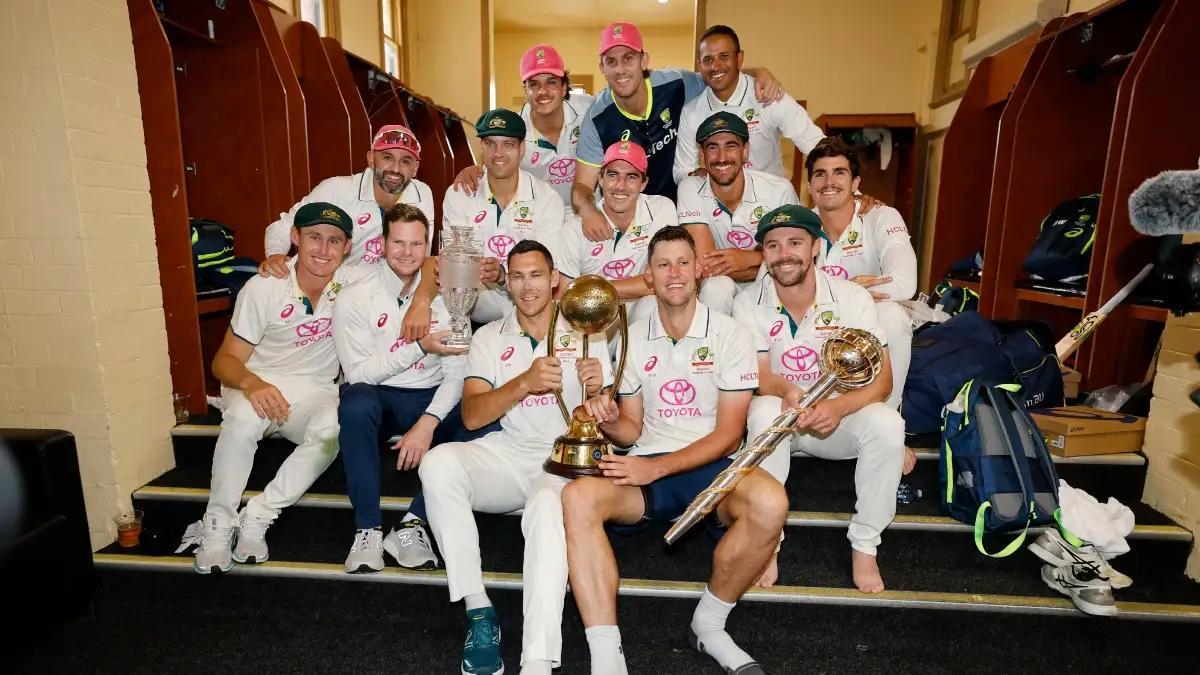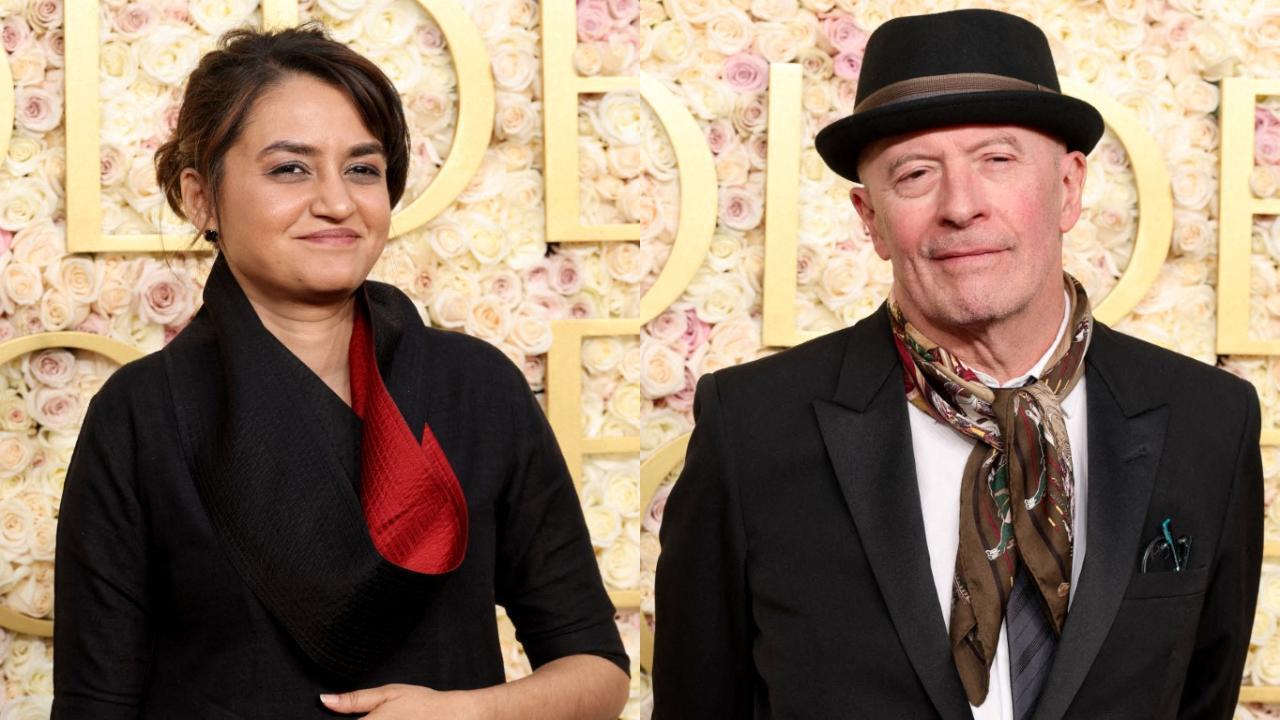
Within the myriad of flaws that a writer can imbue into their protagonist, possessing an unreliable memory opens up a spectrum of riveting possibilities. This is evident in the film Bougainvillea, where the character Reethu, portrayed by the talented Jyothirmayi, regularly teeters on the edge of uncertainty about the events happening right before her eyes. For an extended portion of the film, the audience shares in this conundrum, unsure of discerning the reality from the illusions conjured by Reethu — questioning whether it’s a Sunflower that graces the canvas, or is it yet another Bougainvillea?
Bougainvillea sets itself apart by admirably sculpting scenes of ambiguity, reflecting the imperfect nature of Reethu’s memory. It’s within this fragile, murky domain that the filmmakers succeed the most. Reethu’s struggle with retrograde amnesia stems from a road accident occurring eight years prior, crafting a complex narrative of recollection and reality. Her devoted husband Royce, played by Kunchacko Boban, showers her with tender care, matching his compassion when dealing with his hospital patients. However, the fragile harmony of their existence is precariously disturbed when a police investigation into a missing girl arrives at their doorstep.
The film remains predominantly faithful to the narrative found in Lajo Jose’s novel ‘Ruthinte Lokam,’ upon which it is based. In some instances, the screenplay even improves upon the original dialogues, lending more depth and fervor. Amal Neerad’s distinctive visual flair and meticulously crafted sound design play significant roles here, especially in visualizing Reethu’s intermittent memory lapses. Jyothirmayi embodies her character with unwavering dedication; even when her memory lapses are employed for dramatic effect, her performance never falters, convincingly displaying vulnerability and uncertainty.
Nevertheless, the film is not without pitfalls. It retains certain issues from the source material, particularly the plot twist which stretches the suspension of disbelief, and the overt inclination towards violence as the narrative reaches its climax.
. However, the film teeters away from being a complete disappointment thanks to its thoughtful and deliberate buildup, especially seen when the investigation probes into Reethu’s fragmented mind. On the heels of Kishkindha Kaandam’s release, Bougainvillea offers another unconventional investigation narrative rooted deeply in the elusive nature of memory.
Amal Neerad, known for the intricate construction of his story setups, often stumbles with his films’ conclusions, Bougainvillea included. The climactic unraveling, unfortunately, loses momentum, departing from the promising trajectory set by the initial acts. The antagonist’s backstory, particularly involving his grandfather, feels awkwardly inserted rather than organically integrated. Moreover, the inclusion of the infamous quote, “the greatest trick the devil ever pulled,” borrowed from The Usual Suspects, disrupts the film’s unique narrative aura.
In her much-anticipated return to cinema after nearly a decade, Jyothirmayi’s on-screen portrayal is a highlight and a major saving grace of the film. Meanwhile, Kunchacko Boban’s depiction of Royce occasionally lacks depth, appearing only partially convincing in comparison. The casting of Fahadh Faasil and Sharafudheen, despite their talent, seems to have been more for promotional allure rather than contributory to the film’s narrative prowess.
Ultimately, Bougainvillea emerges as an unfulfilled psychological thriller, unfortunately intertwined with the deficiencies of its literary predecessor. While it sought to unravel the depths of flawed memory amidst mystery, it doesn’t quite reach the pinnacle its setup aspired to. Bougainvillea is currently available for viewing in theatres, offering a cinematic exploration into the fragile nature of memory and reality within the landscape of Malayalam cinema and broader Indian cinema alike. As of October 17, 2024, the film invites viewers to delve into its imperfect exploration of psychological uncertainties.










